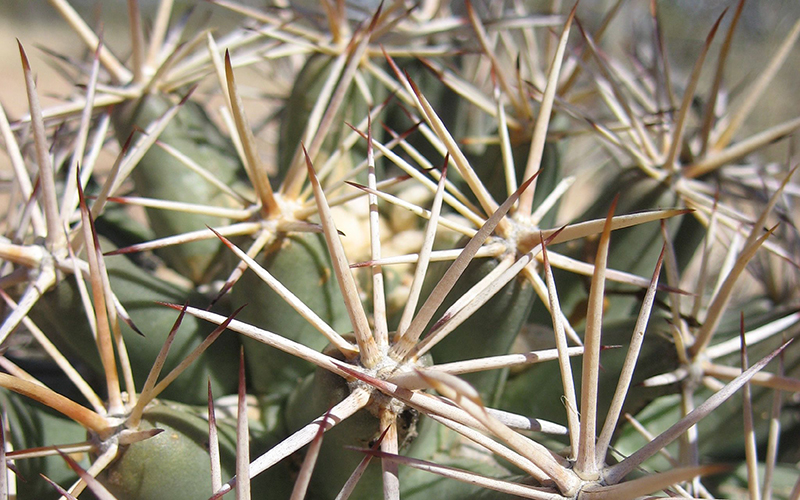Have you ever looked at a pineapple and wondered if it’s truly a cactus? It’s easy to see the resemblance, with their spiky exterior and ability to flourish in sunny conditions. However, despite these similarities, pineapples are not cacti. This article will delve into the fascinating world of both plants, exploring their unique characteristics and ultimately revealing the truth about whether is pineapple a cactus or not. We’ll compare their origins, physical attributes, and growth habits to shed light on this common misconception.
Pineapples vs. Cacti
The most obvious difference between pineapples and cacti lies in their classification. While both plants thrive in warm climates, they belong to entirely different families. Pineapples are members of the bromeliad family, known for their vibrant, often rosette-shaped leaves, while cacti belong to the cactus family. This fundamental distinction sets the stage for understanding their unique traits.
Bromeliad Family
The bromeliad family is a diverse group of flowering plants native to tropical and subtropical regions around the world. They are characterized by their colorful, often spiky leaves that form a rosette shape. Many bromeliads produce vibrant, long-lasting flowers that attract pollinators.
Pineapple’s Place in Bromeliads
Pineapples, scientifically known as Ananas comosus, are a unique member of the bromeliad family. They are the only species in their genus to produce edible fruit. The pineapple plant itself is a large, herbaceous perennial with tough, spiky leaves that form a dense rosette.
Cactus Family
The cactus family, also known as Cactaceae, comprises over 1,500 species of succulent plants found primarily in arid and semi-arid regions. They are renowned for their ability to store water in their fleshy stems, allowing them to survive harsh conditions with minimal rainfall.
Unique Cactus Features
Cacti possess several distinctive features that set them apart from other plants. Their stems are typically succulent, meaning they are thick and fleshy, capable of storing large amounts of water. They also have specialized structures called areoles, which produce spines, flowers, and sometimes even new branches.
Pineapple Characteristics
Pineapples are tropical plants that thrive in warm, humid climates with plenty of sunshine. They require well-drained soil and regular watering. The pineapple plant itself is a striking sight, with its dense rosette of spiky leaves reaching up to several feet tall.
Edible Fruit
The most recognizable feature of the pineapple is, of course, its delicious fruit. The pineapple fruit is a multiple fruit, meaning it develops from a cluster of individual flowers. It has a tough, spiky rind that encases sweet, juicy flesh.
Cactus Characteristics
Cacti are incredibly diverse in shape, size, and color. Some cacti are small and compact, while others can grow to be several feet tall. They come in a wide range of colors, from vibrant greens to deep reds and purples.
Adaptations for Survival
Cacti have evolved numerous adaptations to survive in arid environments. Their succulent stems allow them to store water during periods of drought. Their spines serve as a defense mechanism against thirsty animals and the scorching sun.
Conclusion
While pineapples and cacti may share some superficial similarities, they are ultimately distinct plants belonging to different families with unique characteristics. Pineapples are members of the bromeliad family, known for their colorful leaves and edible fruit, while cacti belong to the cactus family, renowned for their succulent stems and ability to thrive in harsh conditions. Understanding these differences allows us to appreciate the diversity and wonder of the plant kingdom.



